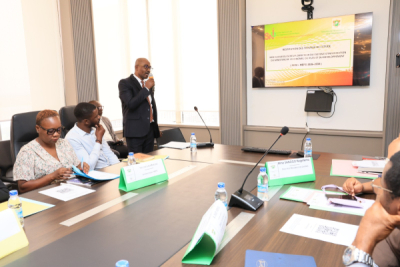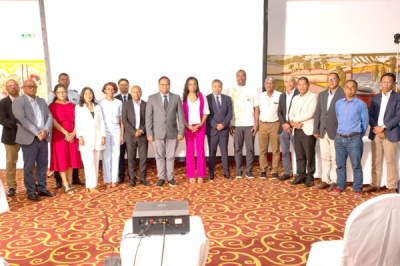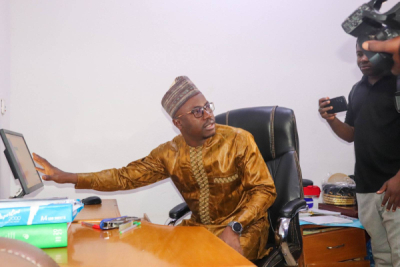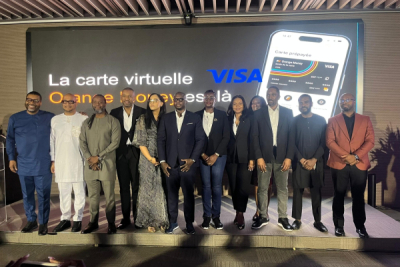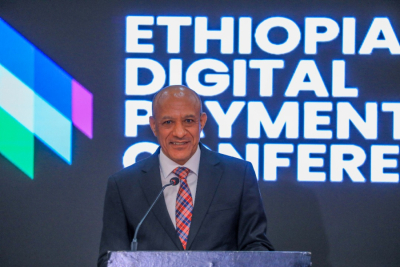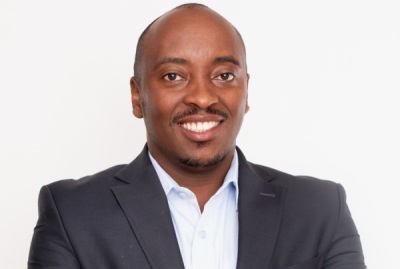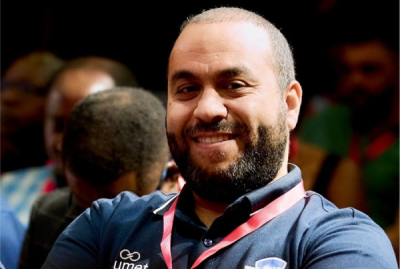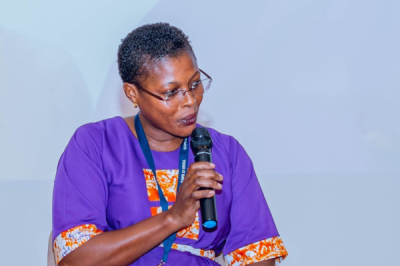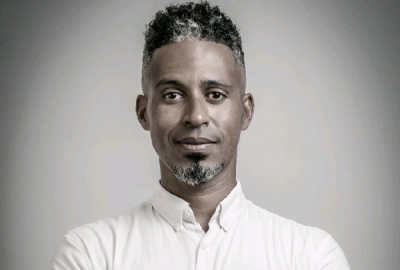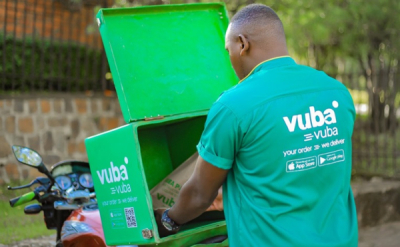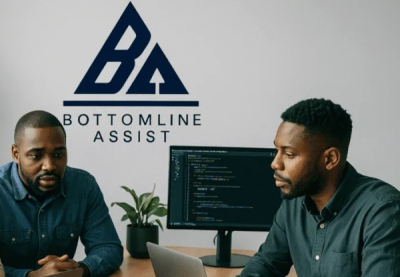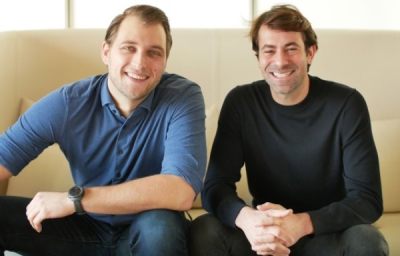Technical and financial support is key for startup development. Such support is usually provided by accelerators, making their jobs crucial in Africa, where the number of startups created is ever-rising in recent years.
Venture capital firm 500 Global and GIZ (German agency for international cooperation) will launch a program to train accelerators to help them meet expectations in their respective digital ecosystems. The inaugural edition of that program, dubbed Bootcamp for Accelerator Managers (BAM), will launch next Monday. Fifteen accelerators have been selected to participate in that first edition. They are notably Orange Startup Studio, Westerwelle Startup Haus Kigali, Mountain Hub, Ennovate Ventures, WomHub, Africarise, Stanbic, Wennovation Hub, CTIC Dakar, Kosmos, Plug n Play, Norrsken Health Tech Africa, Venture Park, MEST Africa, and Growth Africa.
"500 Global is thrilled to be working alongside GIZ to ensure that African accelerators have the tools they need to support startups. 500 has been investing in companies in Africa for a decade and continues to be excited about the growth of the African tech ecosystem. We believe that the next phase of this evolution will be led by homegrown accelerators, like the ones joining BAM," said Mareme Dieng, the African lead for 500 Global.
The program will draw on a real-world project and scenario-based instruction, inspired by the work of 500 Global, which runs more than 80 accelerator programs worldwide, and GIZ's experience with innovation in Africa. It will start with a 5-day face-to-face training in Kenya. Then the participants will take part in a one-year virtual program.
In recent years, Africa’s digital economy has risen significantly. By leveraging digital and tech tools, entrepreneurs are developing innovative solutions for local problems. It is therefore urgent for the institutions supporting them technically and financially to up their technical and operational skills to offer effective support.
Let’s note that the accelerators selected for this first edition of the BAM were chosen based on their experience, seniority, market leadership, and track record. For Matthias Rehfeld, Head of GIZ's Make-IT in Africa program, "this program represents another cornerstone in Make-IT in Africa´s efforts to support African innovation on a local, pan-African and global scale.”
Samira Njoya




